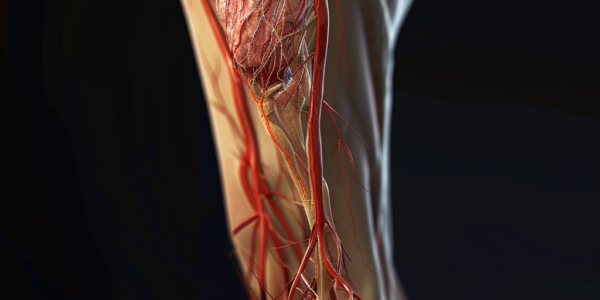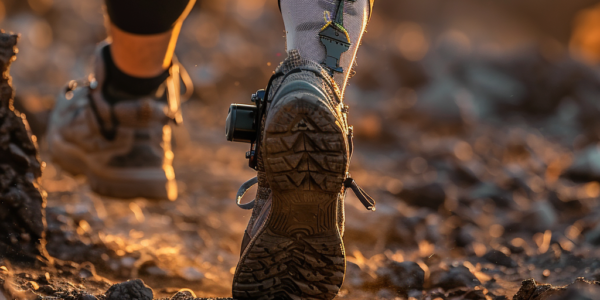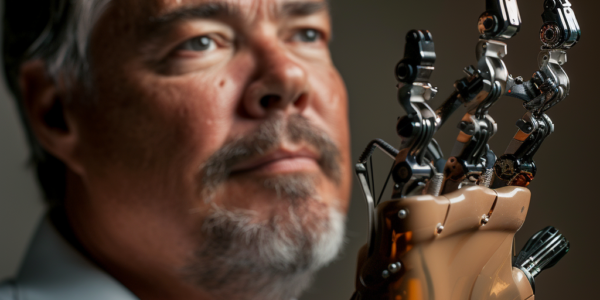Study Reveals Alarming Amputation Risks for Younger Patients with Peripheral Artery Disease
Recent research published in the journal Circulation highlights alarming risks associated with peripheral artery disease (PAD), revealing that individuals in their 50s with severe PAD face a significantly higher risk of limb amputation compared to older patients. The study emphasizes the urgent need for tailored treatment strategies and increased awareness of PAD, particularly among younger patients, to improve outcomes and prevent severe complications.
Extreme Cold Weather at Chiefs-Dolphins Playoff Game Leads to Frostbite Cases and Amputations for Some Attendees
The Chiefs-Dolphins playoff game in January resulted in multiple cases of frostbite, with some attendees now facing amputations due to extreme cold weather. The incident serves as a cautionary tale for event organizers and attendees, emphasizing the need for heightened awareness and proactive measures to mitigate the impact of adverse weather on public health.
Warning Issued by Surgeons and Cardiovascular Experts on Dangers of Poorly Managed Vascular Diseases
Orthopaedic surgeons and cardiovascular experts warn about the dangers of poorly managed vascular diseases, highlighting the risk of limb amputation if not detected and treated early. Individuals at risk are advised to seek medical attention for early intervention to prevent peripheral artery disease, blood clots, and serious bacterial infections. Late detection of vascular diseases reportedly led to the amputation and death of Nollywood actor, John Okafor. Diabetes, bacterial infections, obesity, cigarette smoke, and immunosuppressants increase the risk of amputation due to poorly managed vascular diseases.
Neuroprosthetic Device Allows Amputees to Feel Natural Sensations from Prosthetic Legs
Neuroprosthetics have advanced to allow amputees to experience natural sensations from artificial body parts. The ETH Zurich Neuroengineering Lab has developed a neuroprosthetic device connected to the sciatic nerve, enabling communication with the brain to relay pressure changes detected on the prosthetic foot. This breakthrough has given test subjects greater confidence and improved their ability to walk on challenging terrains. The team emphasized the significance of evoking natural sensations and highlighted the benefits of using biomimetic stimulation to develop the next generation of neuroprosthetics.
Amputee Feels Heat with Prosthesis
A 57-year-old man with an amputated hand can now feel heat with a breakthrough prosthetic device. Developed by researchers from Switzerland and Italy, the new prosthesis allows the user to differentiate between different materials based on their temperature. This pioneering advancement marks the first time that the natural sensation of temperature has been integrated into a functional prosthesis, offering hope for restoring full range of sensations for amputees.





